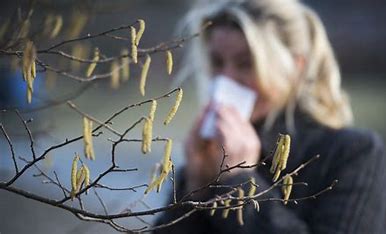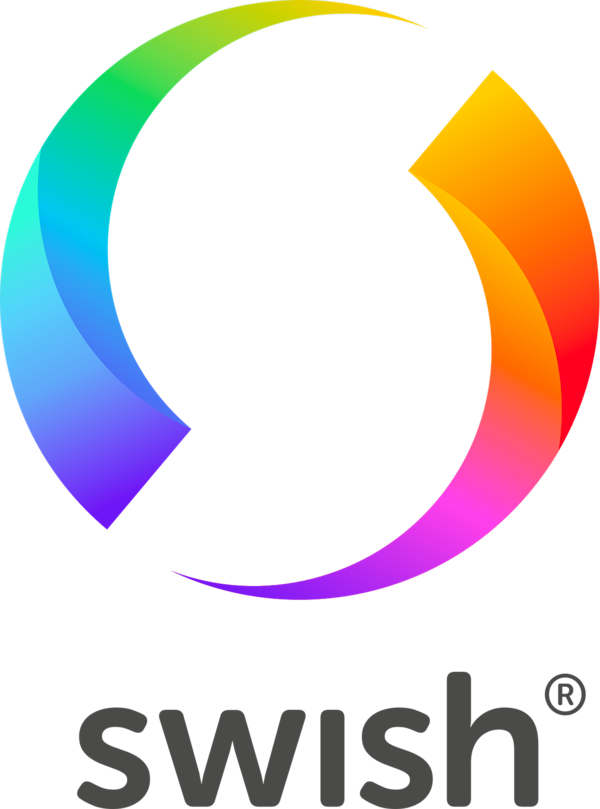Pollen allergy, commonly known as hay fever, is a widespread allergic reaction triggered by pollen from flowers, grasses, and trees. When someone with a pollen allergy comes into contact with these tiny pollen particles, their immune system reacts by releasing histamine, leading to various uncomfortable symptoms. The severity of these symptoms can vary depending on the type of pollen, geographic location, and the amount of pollen in the air.
What is Pollen Allergy? Pollen is a fine powder produced by plants during their reproductive process. For individuals with pollen allergies, inhaling these particles causes the immune system to mistakenly identify them as harmful, resulting in an allergic response. This reaction can be seasonal, occurring mainly during the spring, summer, or autumn, depending on the type of pollen to which a person is allergic. Common Symptoms of Pollen Allergy Pollen allergies can manifest in a range of symptoms, most of which affect the respiratory system and eyes. These symptoms include: • Runny or Stuffy Nose: One of the most common signs, this symptom can cause significant discomfort and lead to difficulties in breathing through the nose. • Itchy, Red Eyes: Pollen can irritate the eyes, leading to itching, redness, and watering. • Sneezing: Frequent sneezing is a typical reaction to inhaling pollen, often occurring in rapid bouts. • Fatigue and Sluggishness: Many individuals with pollen allergies report feeling unusually tired or lethargic, which can affect daily activities and concentration.
Treatment Options for Pollen Allergy The primary approach to managing pollen allergy involves a combination of medications and lifestyle adjustments. Here are the most common treatments: • Antihistamines: These medications block the effects of histamine, a chemical released during an allergic reaction, thereby reducing symptoms like sneezing, itching, and runny nose. Antihistamines are available in various forms, including tablets, nasal sprays, and eye drops. • Corticosteroids: Cortisone-based medications help to reduce inflammation associated with allergic reactions. These are also available as nasal sprays and eye drops, and they are particularly effective in managing more severe symptoms. • Avoiding Pollen Exposure: Reducing contact with pollen is crucial for managing symptoms. This might involve staying indoors during peak pollen times, using air purifiers, and keeping windows closed. At Doctori.se, we provide a convenient way to get the right treatment. Our healthcare professionals can assess your symptoms through a medical questionnaire and prescribe the appropriate antihistamines or cortisone treatments, which you can then pick up at your chosen pharmacy.
Frequently Asked Questions What is pollen? Pollen consists of tiny, powdery grains produced by flowering plants and trees. It plays a vital role in the fertilization of plants by transporting male genetic material to female flowers. What are the most common symptoms of pollen allergy? The most frequent symptoms include sneezing, a runny or stuffy nose, itchy eyes, and a general feeling of fatigue. What is the difference between pollen allergy and a cold? While both pollen allergies and colds can cause similar symptoms such as sneezing and nasal congestion, allergies typically last longer and do not cause body aches or fever. Pollen allergies are also seasonal, often occurring in the spring, summer, or autumn. How can I relieve my pollen allergy symptoms? To alleviate symptoms, try to avoid outdoor activities during times of high pollen levels, use air purifiers indoors, and take prescribed medications such as antihistamines. Are there ways to reduce exposure to pollen? Yes, there are several strategies to minimize pollen exposure, including keeping windows closed during pollen season, washing your clothes and hair after spending time outside, and avoiding activities like mowing the lawn. How can Doctori.se help me? At Doctor.se, our doctors can provide a personalized medical assessment based on your symptoms and health history. After completing our questionnaire, you will receive a prescription for the necessary medication, which you can pick up at a pharmacy or have delivered from an online pharmacy.
Final Thoughts Pollen allergy can be a significant inconvenience, but with the right treatment and preventive measures, it is manageable. If you’re struggling with pollen allergies, consider consulting with a healthcare provider to find the most effective solutions for your needs. At Doctori.se, we’re here to help you manage your symptoms and improve your quality of life during pollen season.






















